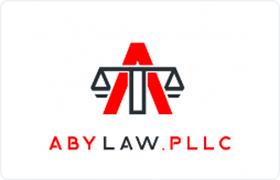Flowood Juvenile Law Lawyer, Mississippi
Sponsored Law Firm
-
 x
x

Click For More Info:
-
Abby Law, PLLC
403 B Towne Center Blvd Suite 102 Ridgeland, MS 39157» view mapCriminal Defense Law Get the Legal Support You Need
If you need an experienced litigation attorney, look no further than Aby Law, PLLC. We are a trusted general practice law firm in Ridgeland, MS.
800-953-2840
J. Chase Bryan
Construction, Divorce & Family Law, Juvenile Law, Criminal
Status: In Good Standing Licensed: 32 Years
W. Robert Jones
Juvenile Law, Divorce & Family Law, Criminal, Medical Malpractice
Status: In Good Standing Licensed: 35 Years
Kevin Darrell Lewis
Juvenile Law, Employment, Divorce, Bankruptcy & Debt
Status: In Good Standing Licensed: 36 Years
Blake Edrington Bell
Criminal, Traffic, DUI-DWI, Juvenile Law
Status: In Good Standing Licensed: 13 Years
Erich Gregg Jerscheid
Criminal, Juvenile Law, Litigation, Other, Civil & Human Rights
Status: In Good Standing Licensed: 10 Years
Rachelle Sevier Richardson
Juvenile Law, Other, Insurance, Health Care Other
Status: In Good Standing Licensed: 14 Years
 Heather Aby Ridgeland, MS
Heather Aby Ridgeland, MS Practice AreasExpertise
Practice AreasExpertise
